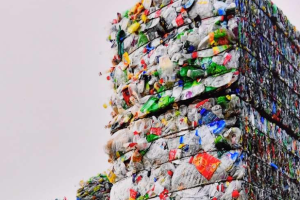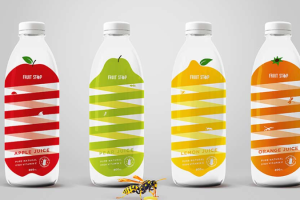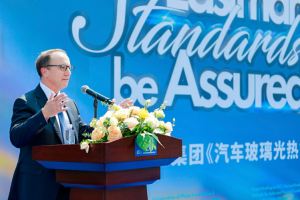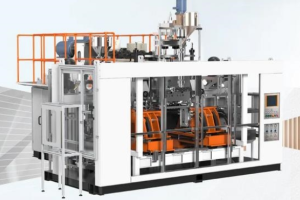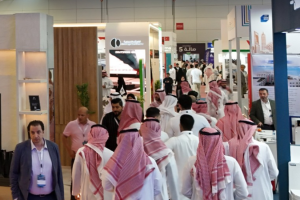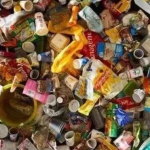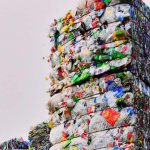November 11, 2024 – BASF’s Shanghai PA6 Plant Achieves ISCC+ Certification for Sustainable Production
BASF’s Monomers division has announced that its polyamide 6 (PA6, also known as Nylon 6) production facility in Shanghai has successfully obtained the International Sustainability and Carbon Certification (ISCC+), marking a significant milestone. The certification enables the plant to produce and supply Biomass Balance (BMB) and Ccycled® PA6, as well as PA6/6.6 copolymer products. During the initial stages of chemical production, Ultramid® BMB CertTM PA6 utilizes bio-based circular raw materials to replace traditional petrochemical sources, effectively reducing the product’s carbon footprint (PCF). Meanwhile, Ultramid® Ccycled® PA6 is produced using pyrolysis oil derived from chemical recycling of scrap tires and mixed plastic waste, through a mass balance approach.
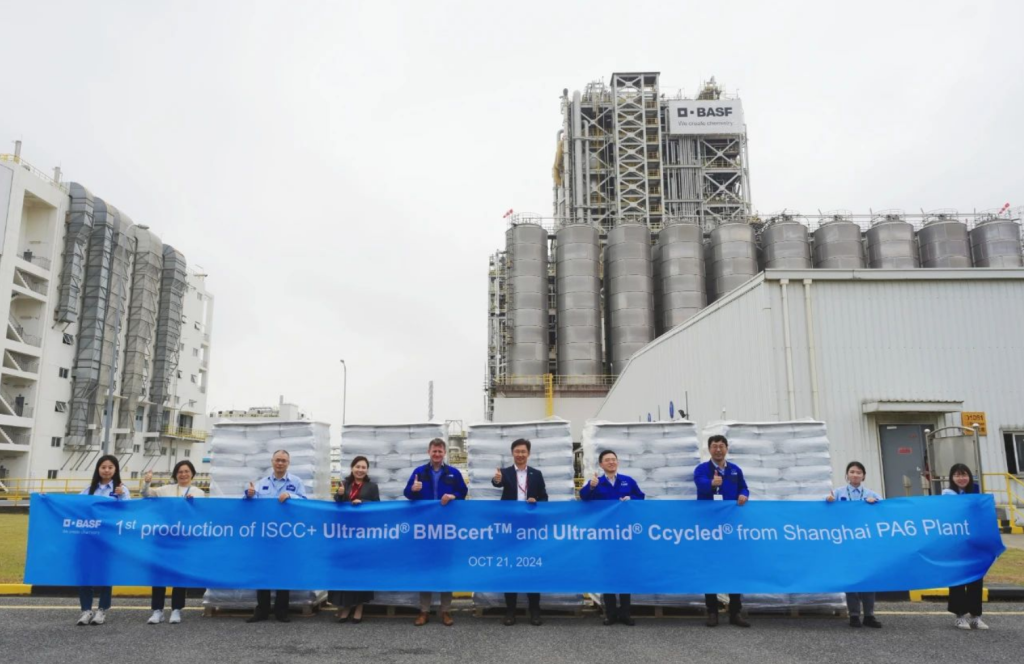
With the ISCC+ certification for its Shanghai production base, BASF’s Monomers division has successfully achieved its goal of supplying certified circular or low-carbon footprint product solutions in the Asia-Pacific region. These products, including diphenylmethane diisocyanate (MDI), toluene diisocyanate (TDI), and PA6/6.6, are widely used in various industries such as automotive, solar energy, packaging, textiles, furniture, construction, and wood processing. BASF is committed to adopting certified circular or low-PCF portfolios across all major product lines by 2025 and prioritizing technological optimizations to reduce CO2 emissions in its operations. This initiative is a crucial step towards BASF’s goal of achieving carbon net-zero emissions by 2050. By February 2024, approximately 70% of the division’s product portfolio offered low-carbon footprint products based on chemical recycling (Ccycled®) or the Biomass Balance method (BMB).
According to Color Masterbatch Industry News, BASF’s PA6 is produced through the ring-opening polymerization of caprolactam. As the nylon variety with the highest global production capacity, it finds extensive applications in industrial yarns, civil yarns, engineering plastics, and particularly holds a significant position in the textiles, apparel, automotive, and electronic and electrical industries. BASF’s PA6 production facilities are located in Antwerp, Belgium; Ludwigshafen, Germany; and the Shanghai Chemical Industry Park in China. Since its establishment in 2005, the Shanghai base has primarily produced PA6 and PA66 products with an annual capacity of 100,000 tons. After an expansion in 2022, the PA6 capacity increased to 75,000 tons, and the PA66 capacity reached 45,000 tons. BASF’s share in the global PA6 market exceeds 6%, demonstrating its strong competitiveness in this field.
Furthermore, BASF has made significant strides in the field of bio-based materials. In 2024, the company introduced PA6 loopamid®, which is made entirely from waste textiles, and collaborated with Inditex to incorporate it into Zara-branded jackets, achieving circular utilization from waste textiles to high-end fashion products. Additionally, BASF is actively developing bio-based nylon materials, utilizing renewable biomass resources through bioengineering methods to produce the raw materials needed for nylon, contributing to the sustainable development of the global nylon market.
As the global focus on green, low-carbon, and sustainable development continues to grow, the prospects for biomass conversion and the application of bio-based materials are becoming increasingly promising. As a leading enterprise in the chemical industry, BASF remains committed to promoting the transformation of industrial products towards a green, low-carbon, and sustainable development model, providing more environmentally friendly and efficient product solutions for global customers.




